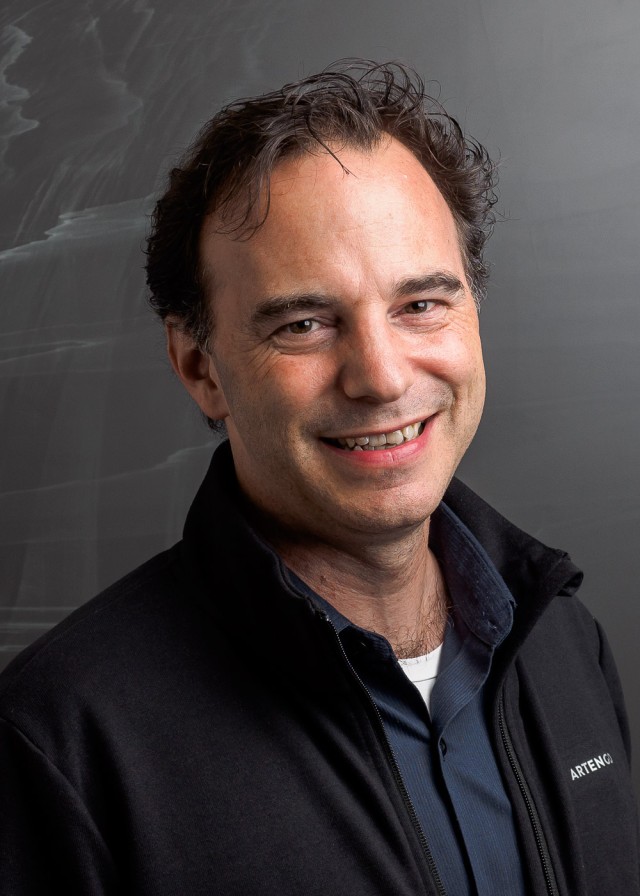1 July 2025
from 14:00
to 16:00
MCQST Colloquium | "How does a quantum object gravitate?" - Markus Aspelmeyer (University of Vienna, Austria)
Address / Location
MPI of Quantum Optics | Herbert Walther Lecture Hall
Hans-Kopferman-Straße 1
85748
Garching
Show Map
Hide Map
The MCQST Colloquium Series features interdisciplinary talks given by visiting international speakers. The monthly colloquium covers topics spanning all
MCQST research units and will be broadcast live via Zoom for audiences worldwide. The main goal of the series is to create the framework for idea exchange, to strengthen links with QST leading groups worldwide, as well as to act as an integral part of the local educational environment.
MCQST Colloquium: Markus Aspelmeyer – Distinguished Lecturer
We are excited to invite you to the colloquium talk by this year's Distinguished Lecturer Markus Aspelmeyer (University of Vienna, Austria).
Agenda
14:00 | Teaser talk by Korbinian Rubenbauer of WMI on "Self-Sustained Oscillations of a Non-Linear Optomechanical System in the Low-Excitation Regime"
14:15 | Coffee break
14:30 | Colloquium talk by Markus Aspelmeyer on “How does a quantum object gravitate?”
How does a quantum object gravitate?

About Markus Aspelmeyer
Markus Aspelmeyer is Professor of Physics at the University of Vienna and Scientific Director at the Institute for Quantum Optics and Quantum Information (IQOQI) of the Austrian Academy of Sciences in Vienna. He studied physics and philosophy in Munich, Germany. After a PhD in solid state physics from LMU Munich he switched fields to quantum optics. By combining these two backgrounds he became one of the early pioneers of the field of quantum optomechanics. Aspelmeyer is a Fellow of the American Physical Society, and Member of the Austrian Academy of Sciences and the Academy of Sciences and Humanities in Hamburg. His current research is focused on the intriguing puzzles around quantum physics and gravity.